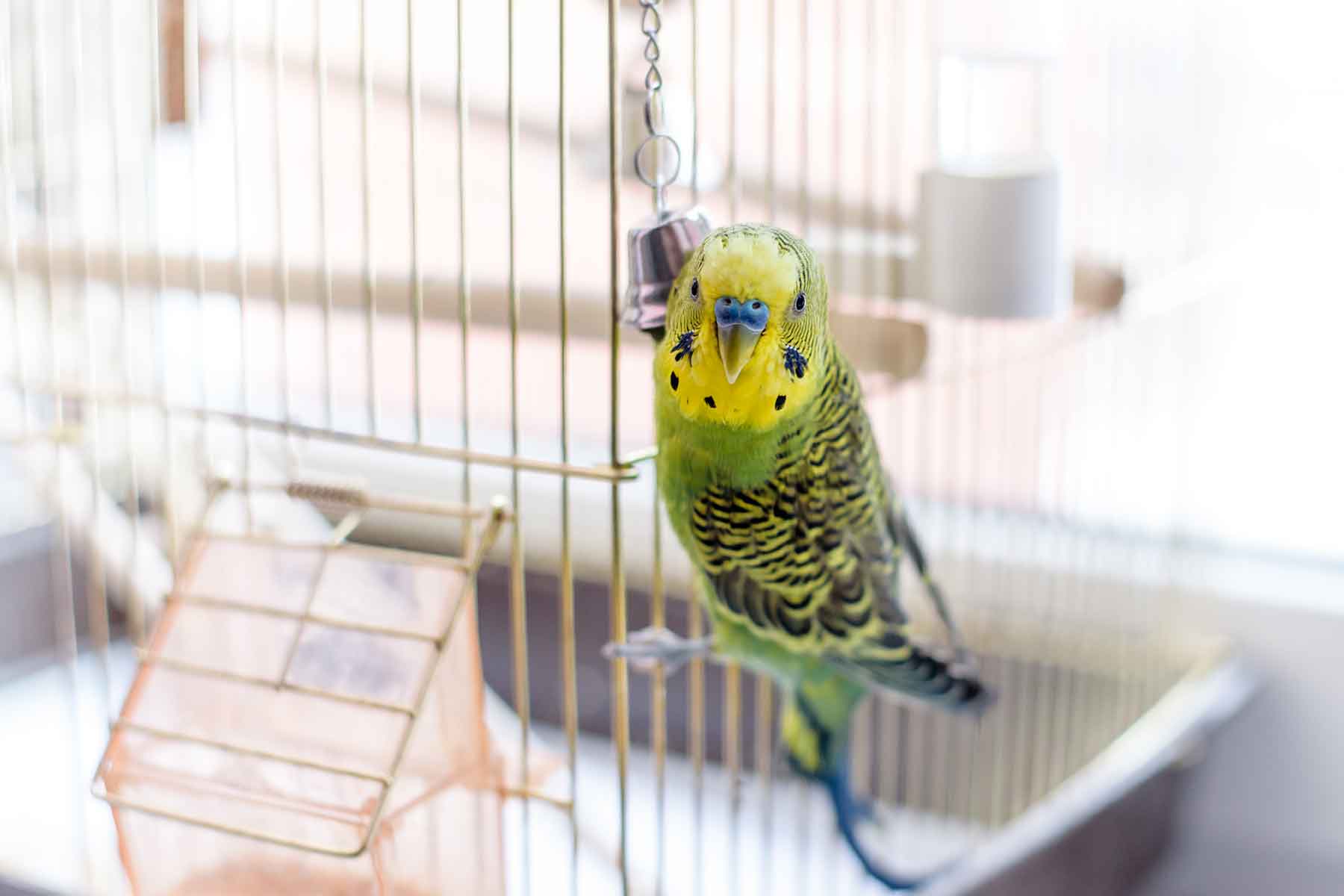What is Allergy Management?
Is your pet itchy? Perhaps they chew their feet or are prone to ear infections. These are often signs of allergies (or hay fever) and there are many things we can do to help manage the symptoms. Unfortunately, we are often unable to completely cure allergies in pets. We, therefore, focus on maximising your understanding of what is causing the problem in order to minimise any symptoms and keep your pet as comfortable as possible (and in particular – reduce the itch!)
What is itchiness?
Itchiness in pets can appear in a variety of ways:
- Redness and scratching of their belly (especially the “armpits” and “groin”)
- Chewing or licking their feet
- Chewing or biting at their “rump” (tail/ tail base)
- Rubbing or shaking their ears
- Rubbing or scratching their face
All of these can be are signs of itchiness. Other signs they might experience include:
- Hair loss
- Repeat ear infections
- Repeat skin infections
What causes the itchiness?
The most common cause for these symptoms is allergic skin disease. Hay fever, food or insect bite reactions are the principal causes with hay fever by far the most common. Allergies in pets are usually lifelong and often worsen over time. As a result, it is important to establish why your pet is itchy so that treatment can be best managed.
How are allergies diagnosed?
Unfortunately, there is no easy way to make a diagnosis for many allergic patients. To establish what is causing your pet’s skin problems we will work with you over 2-3 months. We may also need to refer you to a veterinary dermatologist for intradermal skin testing to help us identify which hay fever allergens might be affecting your pet.
An accurate diagnosis gives us our widest set of treatment options. The effectiveness and side effects of treatment options vary between patients. Amongst these options, we will choose the strategy that best suits you and your pet. The purpose is to find the best way to manage your pet’s allergy for the long term (not just a quick fix).
What to do if you suspect your pet has an allergy
If you suspect your pet has an allergy the best thing to do is contact one of our veterinary clinics. You can discuss your pet’s individual signs with one of our trained nurses who can advise you on the most appropriate next step for your pet. This may include changes you can make at home or a veterinary consultation with one of our veterinarians.
Please contact us. Our medical health care team can help your itchy pet.











